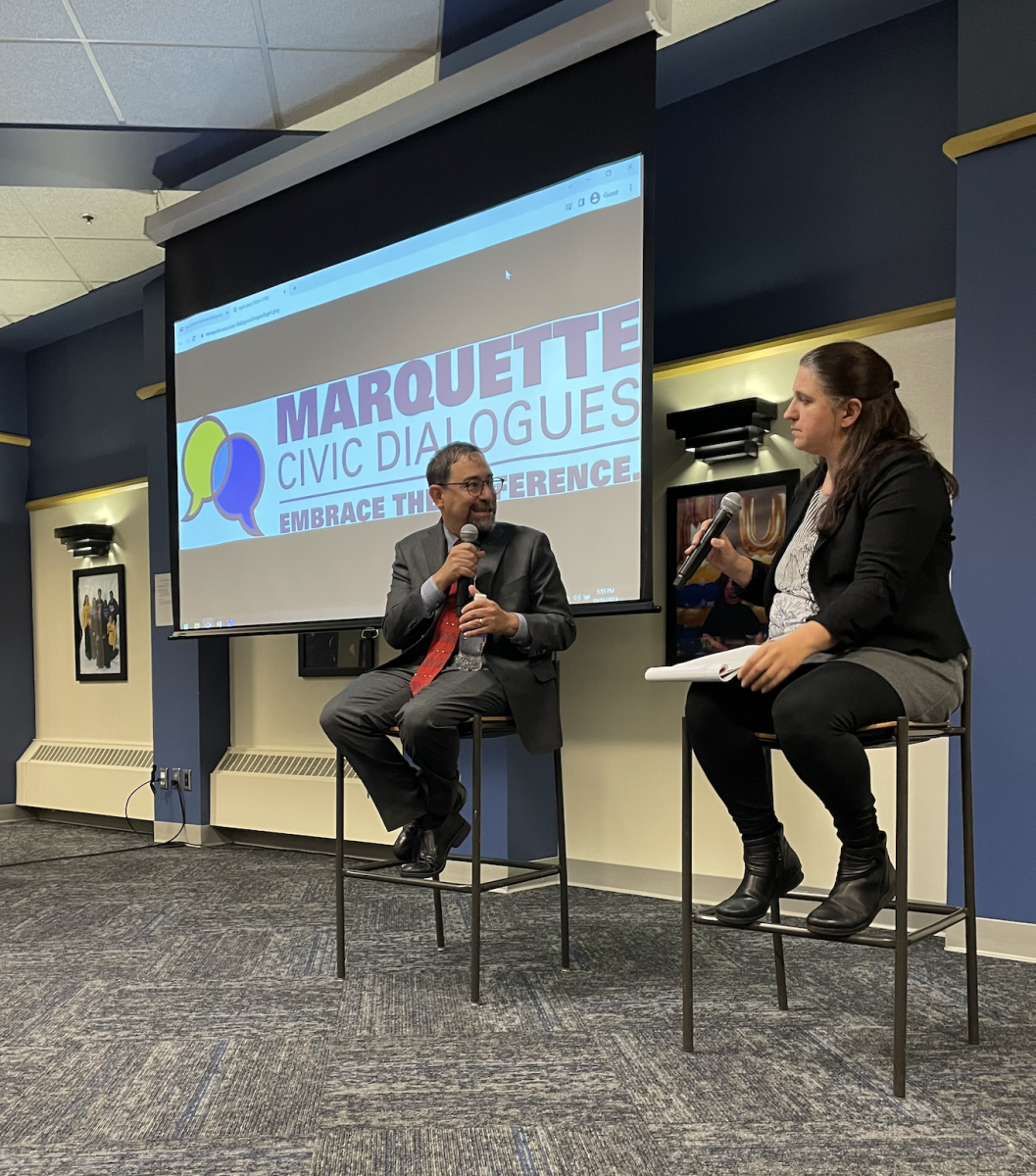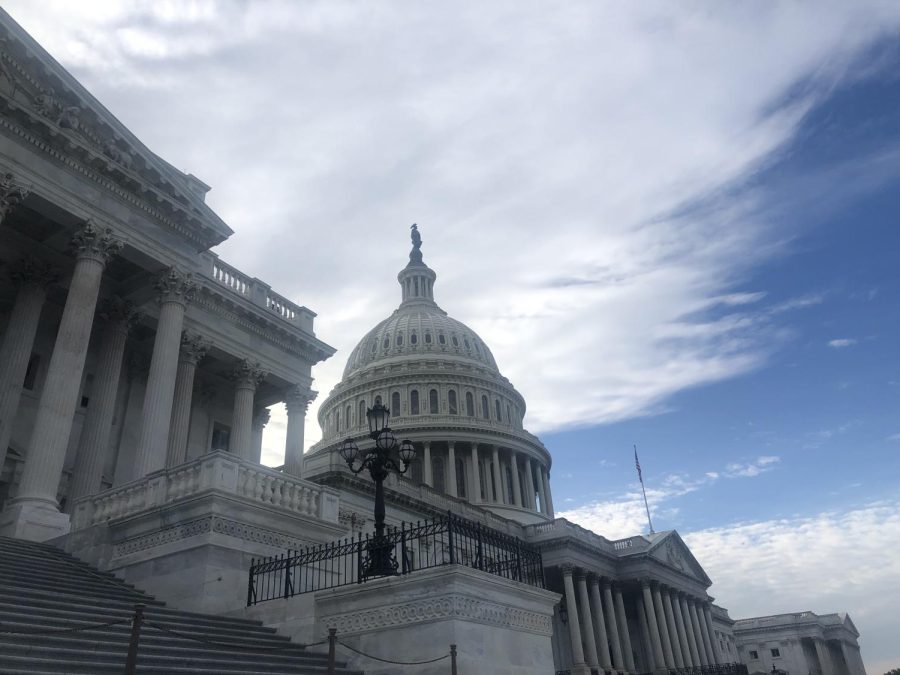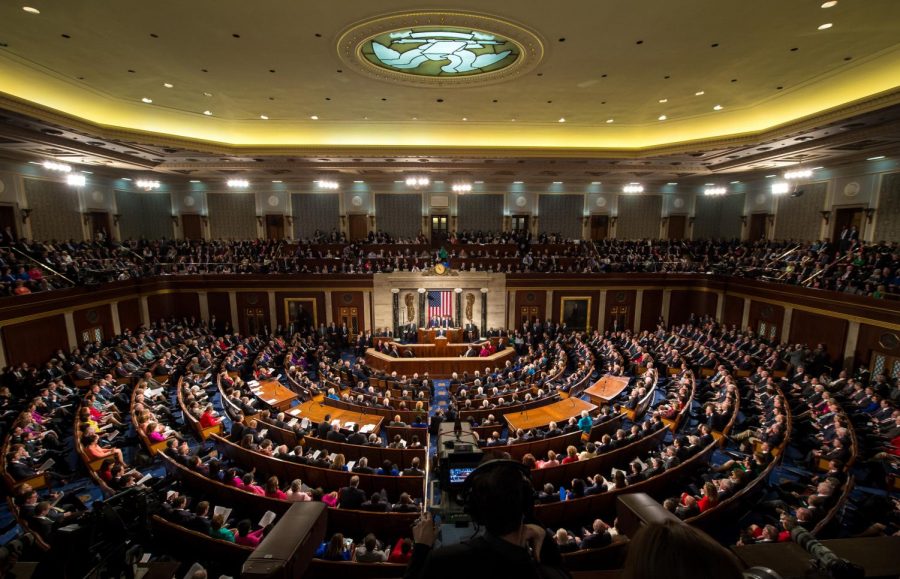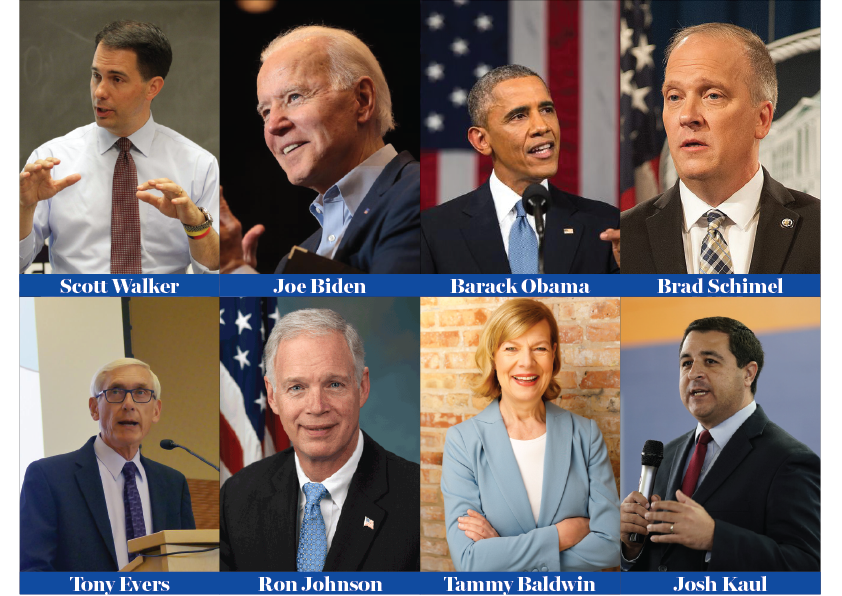What exactly makes someone vote for a candidate is quite complex, or perhaps it’s not. Oftentimes it boils down to whether the individual has an R or D next to their name. While that may be sufficient for some, I find that going to any poll and finding no more than two candidates that have a realistic chance of winning, candidates whom both may not even represent my beliefs, is a problem. This is a problem that sadly may never be addressed.
The dynamics of the two-party system in the United States have created a caricature of what democracy is supposed to represent. This maintains political polarization and propagates a campaign system that increasingly places more emphasis on electability and less on beliefs and values.
While electability, which can loosely be defined as the holistically determined chances that an individual will get elected, is important for votes, the significance of this broad and arguably limiting term — both in how we think of a candidate as well as how we perceive the worthiness of our own political wants — has tricked us into thinking that having somebody from our party in office is more important than having somebody who supports our ideas in office.
Moreover, electability is extremely hard to measure because it is usually used to justify the candidate who is leading in votes and denounce the one who is not. While it is cyclical, it is different each time in that different traits are more favorable than others. Additionally, although stats concerning historic voting trends and appealing legislation can help with measuring electability, those too are a byproduct of this word’s very nature because they have only been defined by past people who have been elected under the current definition of electability.
Most importantly though, electability is a rationalization and serves to help the shred of doubt we have about a candidate consume us until we are having posthumous regrets about the candidate we end up with; we can never really know who is electable unless we … well, elect them. This, in turn, can only confirm the protestations we had about electability.
Our trained party allegiance has nullified our ability to determine our own unique beliefs and wants, which causes us to alter the very essence of our version of democracy. This happens because we just believe what said party wants us too rather than looking at the world and determining what needs to change.
Each of the party extremes come with their own unique set of issues. Without getting into the intricacies of both the Democrat and Republican parties, though, this essentially boils down to there being people in both camps whose ideas are being suppressed through the general hive mind. This general hive mind consistently encourages or forces people to detach themselves from their own ideas and latch onto their parties ideas, with the excuse that it is the lesser of two evils. This having been established has cultivated our acceptance of only having two realistic party options.
Now, this polarization might just be a side effect of democracy, and if there were more options I would be willing to capitulate to that idea. But the fact that there are only two parties makes it seem like this is less of a natural symptom of democracy, and more of a direct outgrowth of our simplified and constrictive form of democracy.
Thus, I postulate that the contentious political nature of our seemingly divided country could be exacerbated by the apparent either/or dilemma that each and every voter in our country must face.
Additionally, this two-party system, as stated before, tends to fuel this contention, and by virtue of that seems to be powered by this cycle of divisiveness that inadvertently makes people complacent when voting. When individuals label themselves as a Democrat or Republican, they may know what this means for themselves, but they may not know what it means when tethered to the candidates they are voting for.
Quite frankly, being educated may not matter because if the whole of this country’s collective and individualistic political identities are founded upon the idea that one should prescribed to a centralized party belief — that usually starkly contrasts with the opposite parties stance — rather than vouch for their own wants, what is the motivation for even educating one’s self of their parties candidate?
We have created a system where we serve the aspirations and interests of the parties we vote for rather than the parties serving the people who vote for them, and that is incredibly concerning.
Countries such as Belgium, France and Sweden were able to create a political system that has more than two parties and are able to represent more ideas when voting comes around as a result.
For example, Sweden has eight major parties, each representing ideals that vary from a bevy of difference beliefs that fall on a scale of conservative to liberal. Having more party options increases presentation ideas, which encourages higher voter turnouts. It also ensures that no single or duo of parties can monopolize Sweden’s political landscape. Also, because of the political variation, this naturally means that these parties must work together to get things done. The need for collaboration means the political atmosphere is less tense because there is a precedent of unity to agree on legislation.
These countries all have higher voter turnout than the United States, and some believe this is because there is a greater variety of representation when voting. The rhetoric surrounding the lack of voter turnout in the U.S., especially in presidential elections, has been pointing to a lack of participation. These low levels of voter turnout could be explained by only having two party options.
I acknowledge that it would be extremely difficult at our current juncture to reformat the very essence of our political system. However, I believe that doing so would be a positive step in authentically fulfilling the goal that democracy poses.
If more parties were added, and therefore more ideas, I believe we could get closer to voting being about what one wants, instead of what they are being told they should want. We could build a system that truly serves the ideas of all the people. If we do not do so, however, I fear that polarization will continue to grow and participation will continue to be unreliable.
This story was written by Beck Andrew Salgado. He can be reached at beck.salgado@marquette.edu.










